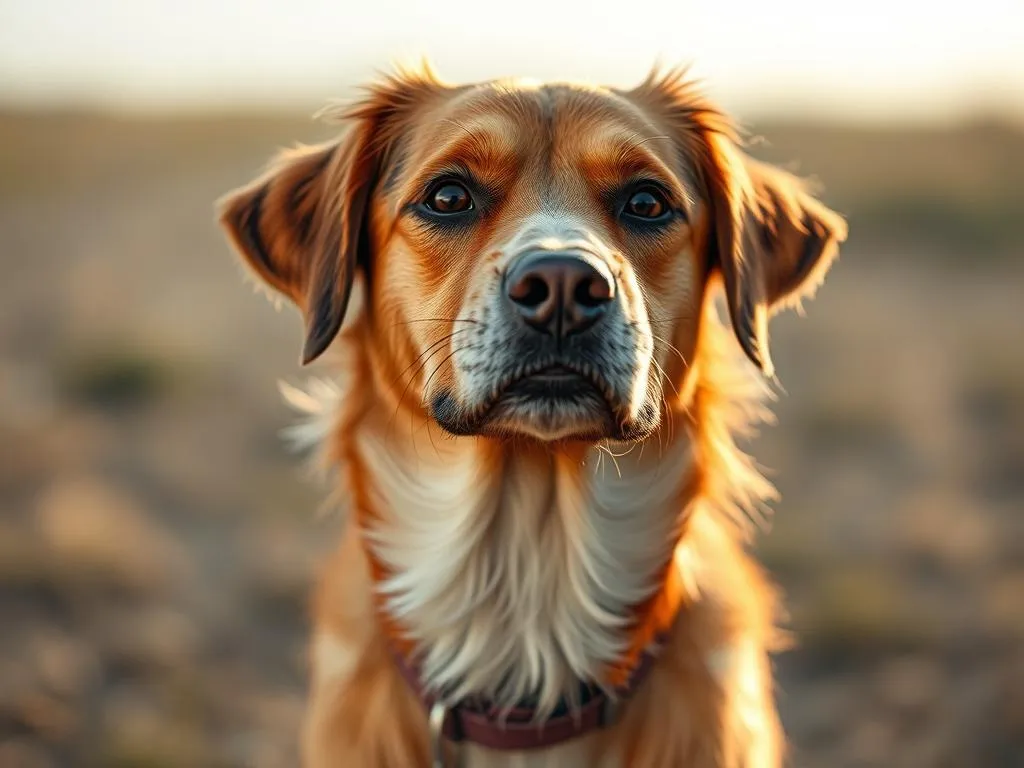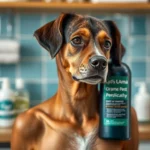
Maintaining your dog’s health is an essential aspect of responsible pet ownership. Dogs, like humans, can exhibit various odors that may indicate underlying health conditions. Among the many peculiar smells a dog can emit, one that often raises concern is the burnt hair odor. Understanding why your dog smells like burnt hair is crucial for timely intervention and maintaining your dog’s overall well-being.
Understanding Dog Odors
The Science of Smell in Dogs
Dogs have an extraordinary sense of smell, significantly more acute than that of humans. While humans possess approximately 5 million olfactory receptors, dogs can have anywhere from 220 million to 300 million. This heightened sense allows dogs to detect a wide range of scents, which is why they can identify their owners and other animals, even from great distances. Dogs perceive odors in layers, enabling them to differentiate between various smells, including those that might be concerning.
Common Dog Odors and Their Causes
Dogs naturally produce smells due to their skin oils, saliva, and the bacteria that reside on their bodies. Common odors include the familiar “wet dog” scent after a bath or a swim, a fishy smell from certain skin conditions, or even a musty odor from unkempt fur. However, distinguishing between natural and abnormal odors is crucial. While some smells are typical, others could indicate underlying health issues that need attention.
Identifying the Burnt Hair Smell
Characteristics of the Burnt Hair Odor
The burnt hair odor is distinct and often alarming to pet owners. It closely resembles the smell of singed hair, which can be quite potent and unpleasant. This smell might become more noticeable after your dog has been playing outdoors, particularly in areas where there may be smoke or burnt material. The odor can also arise suddenly, prompting concerns about your dog’s health.
Potential Causes
Skin Issues
One of the primary causes of a burnt hair smell in dogs can be skin issues. Conditions such as dermatitis or yeast infections can lead to inflammation and the production of foul odors. Infected skin may emit a smell that resembles burnt hair, particularly if the fur is matted or unhealthy.
Dental Problems
Oral health is crucial for your dog’s overall well-being. Dental problems, such as periodontal disease or tooth decay, can lead to smelly breath that may be mistaken for the burnt hair smell. When bacteria build up in the mouth, they can produce sulfur compounds that emit an unpleasant odor.
Environmental Factors
Dogs are curious creatures, and they often explore their surroundings. Exposure to smoke from campfires, barbecues, or even burnt materials can cause them to carry a burnt hair smell. Additionally, if your dog has been near a source of heat, such as a heater or an oven, they might pick up these odors.
Dietary Issues
What your dog eats plays a significant role in their overall health, including their smell. Certain diets, particularly those high in fish or certain proteins, can lead to odors that might be reminiscent of burnt hair. Additionally, food allergies or intolerances can lead to changes in your dog’s body chemistry, potentially resulting in unusual smells.
Health Conditions
Underlying health issues can also manifest through peculiar odors. Conditions such as diabetes, liver disease, or kidney problems can cause changes in your dog’s metabolism, leading to the production of specific odorous compounds. If you notice a persistent burnt hair smell in your dog, it could indicate a more severe health concern that requires veterinary attention.
When to Seek Veterinary Care
Signs That Require Immediate Attention
If your dog exhibits the burnt hair smell along with other symptoms, it may require immediate veterinary care. Signs that indicate a serious problem include:
- Lethargy: Lack of energy or enthusiasm for activities.
- Vomiting or Diarrhea: Unusual gastrointestinal issues that persist.
- Changes in Appetite: Significant weight loss or refusal to eat.
- Excessive Scratching or Biting: Indicating skin irritations or infections.
Routine Check-ups
Routine veterinary visits are essential for maintaining your dog’s health. Regular check-ups can help identify any potential health issues early on, allowing for timely intervention. During these visits, your vet can assess your dog’s overall health, including dental hygiene and skin conditions.
Diagnostic Procedures
If the burnt hair smell persists, your veterinarian may recommend several diagnostic procedures. These could include skin scrapings, blood tests, or dental examinations to determine the underlying cause of the odor. Early diagnosis can significantly improve the chances of effective treatment.
Home Care and Management
Regular Grooming
Grooming is a key component in managing your dog’s health and odor. Regular bathing and brushing can help remove dirt, debris, and dead skin cells that contribute to unpleasant smells. Aim to bathe your dog every 4 to 6 weeks, using a high-quality dog shampoo that is gentle on the skin. Additionally, brushing your dog’s coat can help distribute natural oils and remove loose fur.
Dietary Considerations
A balanced diet is vital for your dog’s health and can also help control odors. Consider feeding your dog high-quality dog food that is appropriate for their age, size, and health status. Some dog owners find that certain diets, such as those low in grains or fillers, can help reduce odors. It’s essential to avoid foods that your dog may be allergic to, as these can lead to skin issues and subsequent smells.
Environmental Control
Maintaining a clean living environment is crucial for your dog’s health. Regularly wash your dog’s bedding, toys, and any areas they frequent in your home. Consider using air purifiers or odor-neutralizing products to help combat any lingering smells. Additionally, ensure that your dog has a designated space away from smoke or other potential odor sources.
Preventative Measures
Proper Grooming Habits
Establishing a regular grooming routine is essential for keeping your dog smelling fresh. Depending on the breed and coat type, some dogs may require more frequent grooming than others. Regular brushing, combined with occasional baths, can help reduce odors and keep your dog’s skin healthy.
Nutrition and Diet
Proper nutrition plays a vital role in your dog’s overall health. Ensure that you are feeding your dog a balanced diet rich in essential nutrients. Regularly consult with your veterinarian to determine if your dog’s diet is meeting their specific needs, especially if they show signs of unusual odors.
Regular Veterinary Care
Consistent veterinary care is vital for preventing health issues. Schedule routine vaccinations, dental cleanings, and health check-ups to ensure your dog remains in optimal health. Early detection of potential health problems can help you address them before they become serious issues.
Conclusion
Understanding the reasons behind unusual odors, such as why your dog smells like burnt hair, is an essential aspect of responsible pet ownership. Monitoring your dog’s health and addressing any strange smells promptly can significantly improve their well-being. If you notice persistent or concerning odors, seeking veterinary advice is crucial for maintaining a happy, healthy dog.
FAQs
What does it mean if my dog smells like burnt hair?
A burnt hair smell in dogs can indicate various issues, including skin infections, dental problems, environmental exposure, dietary issues, or underlying health conditions.
Can I treat my dog’s odor at home?
Some odors can be managed at home through regular grooming, proper diet, and maintaining a clean environment. However, persistent odors should be evaluated by a veterinarian.
How often should I take my dog to the vet?
Routine veterinary visits are recommended at least once a year for healthy dogs. More frequent visits may be necessary for older dogs or those with existing health issues.
Are there specific breeds that are more prone to unusual odors?
While any dog can develop unusual odors, breeds with dense fur or skin folds may be more prone to skin infections and odors. Regular grooming can help mitigate these issues.
When should I be concerned about my dog’s smell?
If your dog’s smell is persistent, worsening, or accompanied by other symptoms such as lethargy, vomiting, or changes in appetite, it’s essential to seek veterinary care promptly.









